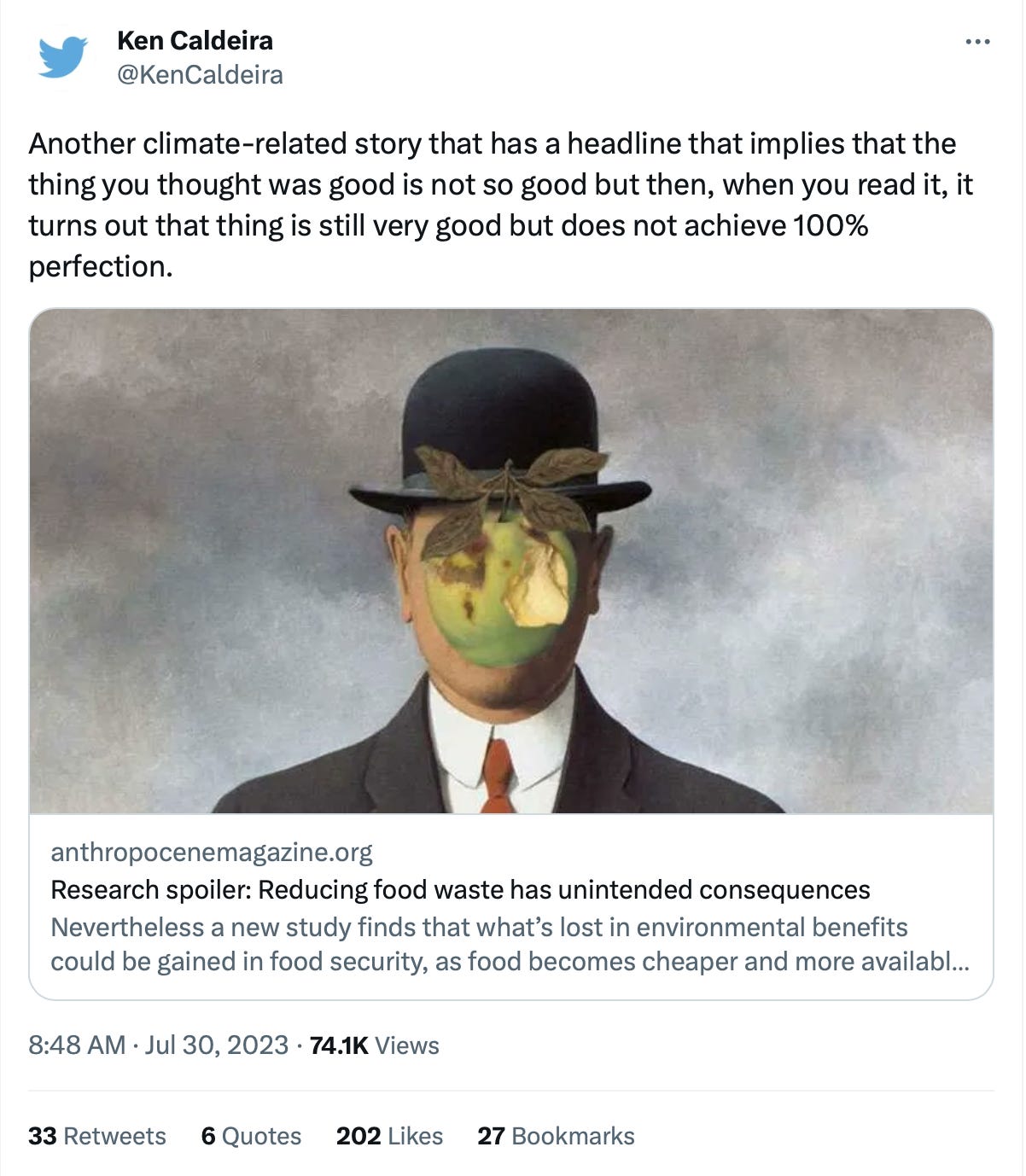Be Patient: Public Narratives Change Slowly
Especially if the prevailing public narrative is built on previous research.

If you’re a researcher who wants to be an effective public expert, there’s a transition you need to make that almost no one talks about: from a) living inside research time (here’s what the research now says, adjust accordingly) to b) understanding public narratives and their slower timelines of change.
Option a)—a flat declaration, here’s the research, take it or leave it—is where most researchers get stuck. Option b) isn’t “dumbing down” the research—rather, it’s you becoming aware and then sophisticated about the discourses into which the research must fit and be framed. It’s accepting that, even though you don’t like where the public narrative is, it’s going to take a lot more than just a new finding to change minds. As a public expert, you should be in it for the long haul.
Accepting all this is especially difficult when the media is involved in producing the prevailing public narrative, because we’ve all been trained to think it’s the media’s job to inform and educate the public—to help change public narratives when the evidence says so. But that’s the (ideal) dynamic of a research narrative, not a prevailing public one. (And the media is often a trailing indicator of the public narrative, not a driver.)
Changing the Narrative: Reducing Food Waste & Loss as Climate Action
Here’s an interesting example of this disjunction. Anthropocene Magazine reported last week on new research finding that reducing food loss and waste globally—a often-touted-as-major-but-never-taken pathway to reducing global greenhouse emissions—would actually catalyze food price decreases and subsequent food consumption increases. Those consumption increases would, in turn, drive production and distribution that would wipe out more than half of the avoided emissions benefits of the original food loss and waste reduction.
It’s a classic “rebound effect,” similar to when increasing fuel-use efficiency has just led to increased use of fuel. And, in fact, this new finding for a rebound effect from food loss and waste reduction is a major reversal of a long-standing claim in the climate science literature advocating for food waste and loss reduction as a pillar of climate action. The finding should be major news in climate science, activist and policy discourse. (Indeed, the rebound effect and tradeoffs around it were the thrust of the whole paper.)
However, the paper also had incidental good news: Those lower food prices and increased food consumption would also benefit food security for many millions of people—especially people in low-income countries. According to Anthropocene, “in sub-Saharan Africa more food at cheaper prices would increase the availability of calories by 320 per person, per day—which makes up 16% of the daily calorie intake that’s recommended for a healthy diet.” The paper briefly discusses that any attempt by policymakers to repress the rebound effects from reducing food waste and loss would also repress these gains in food security. Again, these points—the gains in food security from the rebound effect and the tradeoffs between food security and environmental gains in managing the rebound effect—are subordinate points in the paper. (Here’s the full paper.)
Ken Caldeira of Breakthrough Energy, who will be a guest on my podcast coming up this fall and whom I respect immensely, tweeted out this subtle, puckish take on the Anthropocene piece:
Other scientists (responding to Ken) were less subtle in their complaints:
Even a co-author of the paper weighed in:
These researchers are all living on research time, and so all these takes are bad. The prevailing public narrative the paper was written to address—a narrative promoted for over a decade by science—is the narrative about reducing food loss and waste as an important climate-action pathway. Just look at the title of the paper: “Rebound effects could offset more than one half of avoided food loss and waste.” It doesn’t even mention what’s being offset because everyone knows—especially the self-selected and hyper-climate-aware audience of Anthropocene Magazine.
Be Such a Scientist, But Also Be a Public Expert
What’s going on here? I’d say the scientists tweeting in response to Anthropocene’s article are asking Anthropocene (and its readers) to behave like scientists—to respond to the new findings, pivot to a new narrative supported by those findings, and abandon the old prevailing scientific narrative. Something like: Oops, food waste and loss wasn’t much about climate action, after all. It’s now about food security. Carry on.
But if you’re not a scientist, you might understand that making this sudden pivot could be less than smooth. For instance: Imagine if you were a US policymaker who has been struggling for a decade to get action on food waste and loss to counteract climate change, only to see this study. Well of course you’d have questions and would have to reassess—that’s essential for promoting science-based policy. But let’s not pretend that shift wouldn’t come without major dislocations for policy approaches you’d be anchored to for quite a while, not to mention important parts of your constituency. Let’s not pretend that you might not want to see more data and some confirmatory takes (if not more studies) from researchers outside the study.
Researchers like to bitch about the media, and I’m sometimes sympathetic. But researchers are also often wildly unrealistic about the media’s role in the world (it’s not your stenographer) and the hard work it takes to change a public narrative. Reducing food waste and loss as climate action has been a major public narrative, and the public anchors on public narratives. Changing that narrative because of new science requires contextualizing the new knowledge within the persistence of the old narrative as well as acknowledging and managing the uncomfortable truth (for non-researchers) that policies based on research are only as good as the research.







